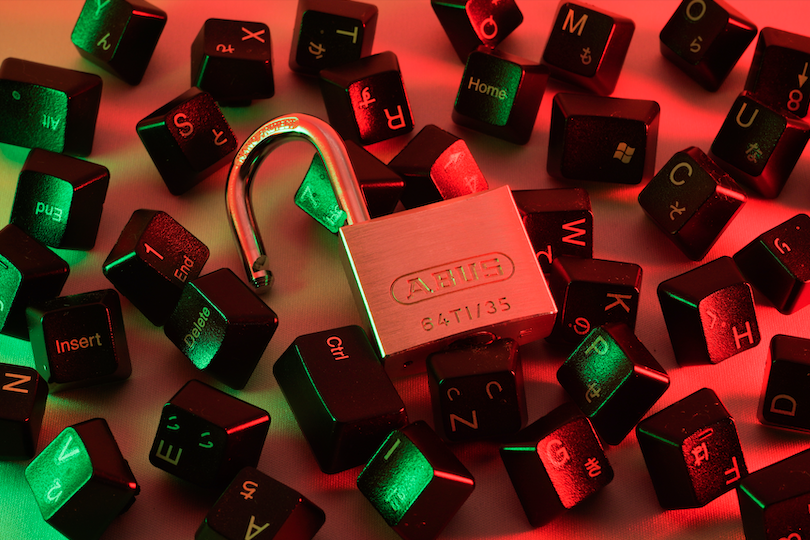It’s Cybersecurity Awareness Month and MSU IT wants to ensure that all Spartans stay safe and secure online. The American public lost $4.1 billion from scams in 2020––$54 million from phishing alone. Don’t make yourself an easy target for scammers. Keep these helpful cybersecurity tips to keep in mind to stay safe:
- Avoid oversharing. As social media becomes a bigger part of our lives, we need to be mindful of what we share. A selfie or check-in at your favorite coffee shop can reveal more than intended. Personal information shared on social media can be the final puzzle piece hackers need to steal your identity. Be careful of what you share and never disclose any personal information on public-facing accounts. Carefully weigh the pros and cons of sharing your personal information in exchange for free products and services, and be aware of who you allow to use your personal data and for what purpose.
- Be Aware! Look for antivirus alerts, browser pop-ups or random unwanted sites, passwords that no longer work, friends saying they have received strange emails or other suspicious behavior. If you encounter these, perform an antivirus scan on your device or reload your computer’s software/data from a backup. And change your passwords!
- Create strong passwords for all of your logins, including email, banking, social media, and MSU sites. Be careful not to reuse passwords across multiple accounts, too. A strong password is at least 12 characters long and utilizes phrases with upper and lowercase letters, numbers, and special characters. Consider using a free password manager, like LastPass. Never share your passwords with anyone, not even your family. If your parents or guardians need access to your MSU financial information, encourage them to register for an MSU Guest Account.
- Use caution on public Wi-Fi. Whether you’re studying in a dining hall, Wells Hall, or Chipotle, be careful when connecting to public Wi-Fi on and off-campus. Never access or share personal or financial information over an unsecured or questionable network, where cybercriminals can easily steal your information. Campus Wi-Fi will appear as MSUnet or MSUnet 3.0. If you don’t have access to reliable Wi-fi, consider using your phone’s hotspot. If you can’t connect to secure Wi-Fi at home or on campus, consider installing MSU’s VPN. Learn more about MSU Wi-Fi.
- Don’t get phished! Phishing emails are suspicious emails sent from criminals looking to infect your computer or steal your information. They usually arrive unexpectedly, with a sense of urgency, and from an unfamiliar sender that asks you to open an attachment. Usually, the grammar is poor, the email is from a free account like Gmail or Hotmail, and there is no contact information. Sometimes they might not ask for anything at all. Cybercriminals can sign up for real services or accounts using your email address hoping you click the verification link which enables them to use the account themselves. (Read about suspicious Venmo emails received by the MSU community.) Bottom line: If something looks off, it probably is. If you receive a suspected phish, don’t click any links or reply–forward it to abuse@msu.edu. Learn more about phishing.
If you think you’ve fallen for a scam or your identity has been stolen, you should file a police report and notify the credit bureaus as soon as possible. If you think your MSU credentials or email has been hacked, or if you have questions, please contact MSU IT at 517-432-6200. For more cybersecurity tips, visit secureit.msu.edu.



